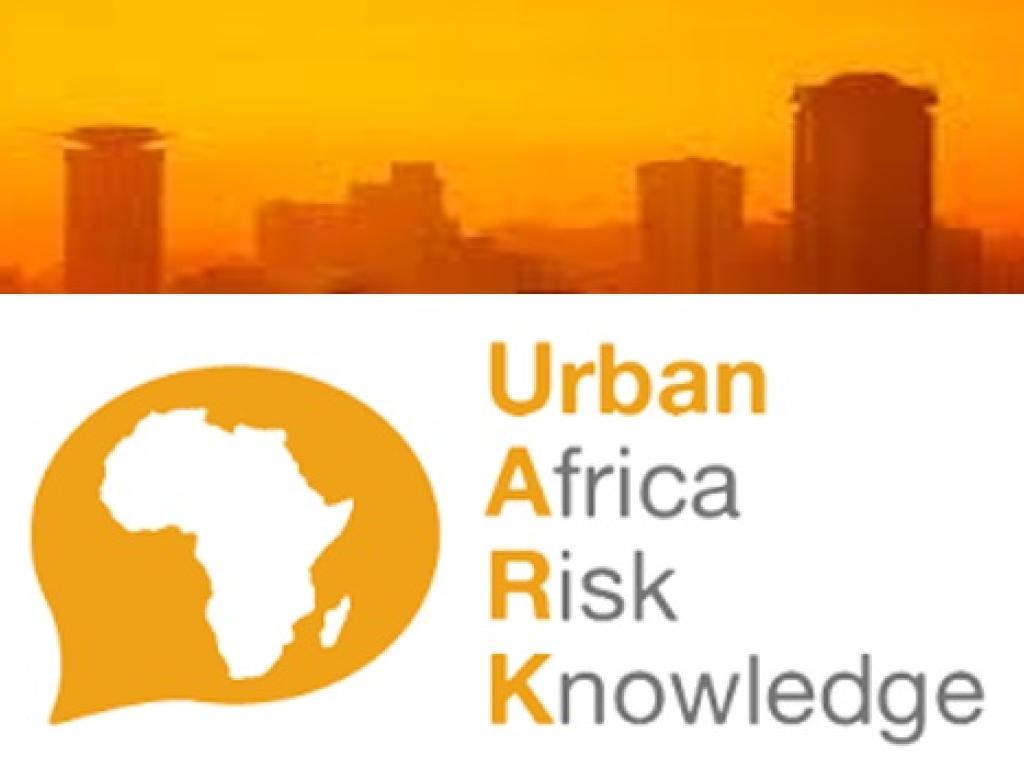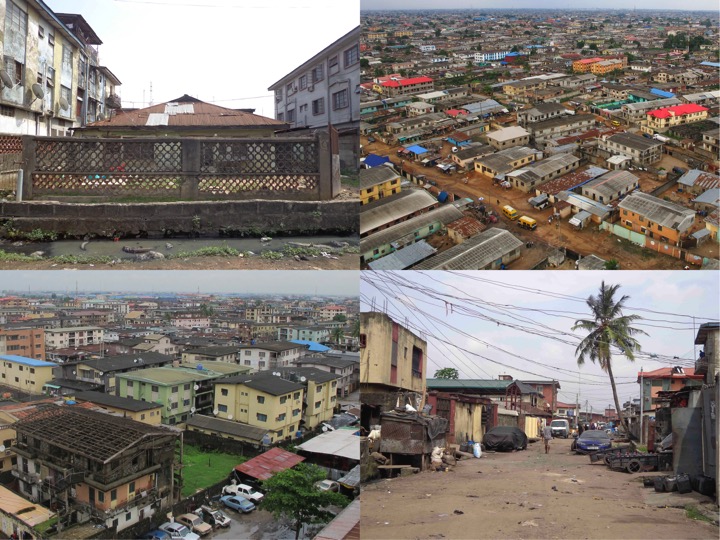Disaster risk management in urban Africa: Introducing the Urban ARK programme

By 2030, more than half of Africa’s population will live in cities. By 2050, this number is expected to rise to more than 60%. As the continent urbanizes, mitigating the risks of disasters will play an important role in guaranteeing that African cities are socially and economically stable.
What do we know about disaster risk in urban Africa? We know that the real extent of vulnerability and losses are greater than what we are currently aware of, as information about these factors is both inconsistently collected and under-reported across different cities. At the same time, we know that vulnerability and losses are growing,In part, because cities are getting bigger. As such, over time there are simply more people, assets, and infrastructure that are potentially at risk from disasters, and in part, the increase in risk reflects the fact that environments are becoming more hazardous under a number of global environmental changes. For example, with the changes in climate, extreme weather events such as droughts or floods are increasing. And finally, we know that disaster risk and losses are not equally shared: the urban poor generally bear a greater part of this burden.

While the problems regarding disaster risks are relatively clear, the solutions to date have been far less obvious. Finding some of the answers is the driving force behind the Urban Africa Risk Knowledge (Urban ARK) research programme. The partners in this large, cross-country research programme are concerned with better understanding the nature and scale of disaster risks in cities. The aim is to suggest solutions that will help cities in sub-Saharan Africa to manage and reduce their disaster risks.
Delivering on such an ambitious goal requires, of course, many lenses on the problem to be brought to bear. As such, Urban ARK brings together a number of partners, working across a number of different sub-Saharan African cities, under a number of different work streams, each looking at a part of the whole problem.
One package of work is particularly concerned with the risks that climate change raises for city decision-makers at the local government level. There currently is a fair amount of work on this topic being undertaken in African cities - relatively speaking, at any rate. However, this Urban ARK package will bring new perspectives to this work in the African - or indeed, in the global South - urban context.
One novel perspective is an explicit concern with behaviour change: what can be done to ensure that local government actors specifically include climate risks in their policies and practices. In other words, what does it take to move decision-makers from point X – “climate risks are not something I include in my work” – to point Y – “climate risks are something I include in my work”.

Typically, research that looks at how we can improve the inclusion of climate change issues into decision-making is very concerned with what people know and understand and how we can improve their knowledge and understanding. Better knowledge and understanding is expected, or hoped, to lead to a greater use of climate information among decision-makers.
The Urban ARK package around this work acknowledges that better knowledge and understanding are part of the solution. However, it follows the logic of a vast body of behavioural research that has shown that better knowledge and understanding about an issue only play a small role (if any) in whether people actually change their behaviour or not. For example: whether or not people know that a hybrid car is better for the environment doesn’t necessarily mean they will get a hybrid car. Let me stress this point by asking you to consider how many people you know who are concerned about climate change, that own a hybrid (this includes you, if you care about climate change).
So what this work package is really concerned with is finding out, what factors beyond knowledge and understanding will move city decision-makers from point X to point Y? To follow our example above, what is it beyond knowledge and understanding that leads people to actually buy a hybrid car (or not)? For the answers, stay tuned.
Disclaimer: The views expressed here are solely those of the author in their private capacity.